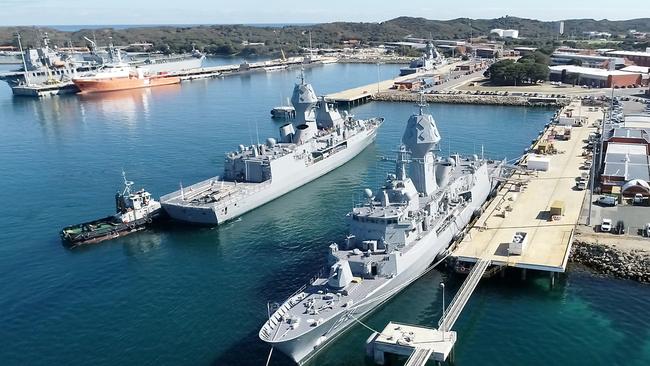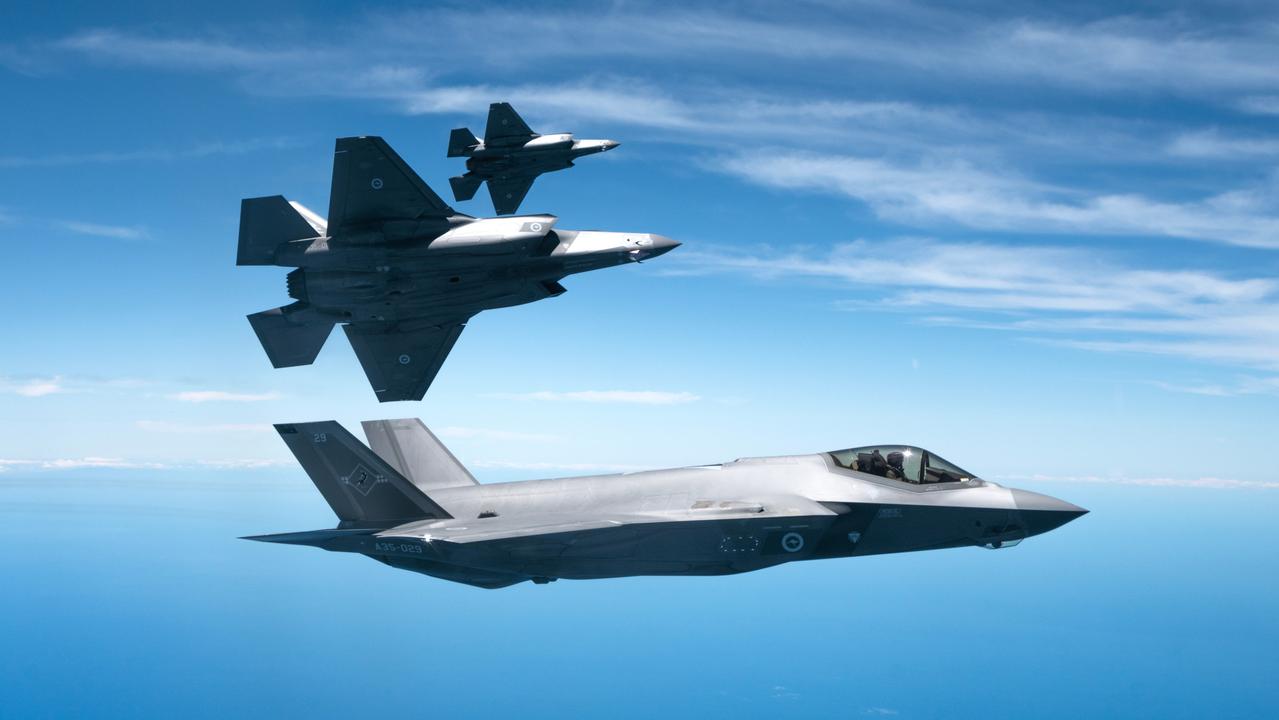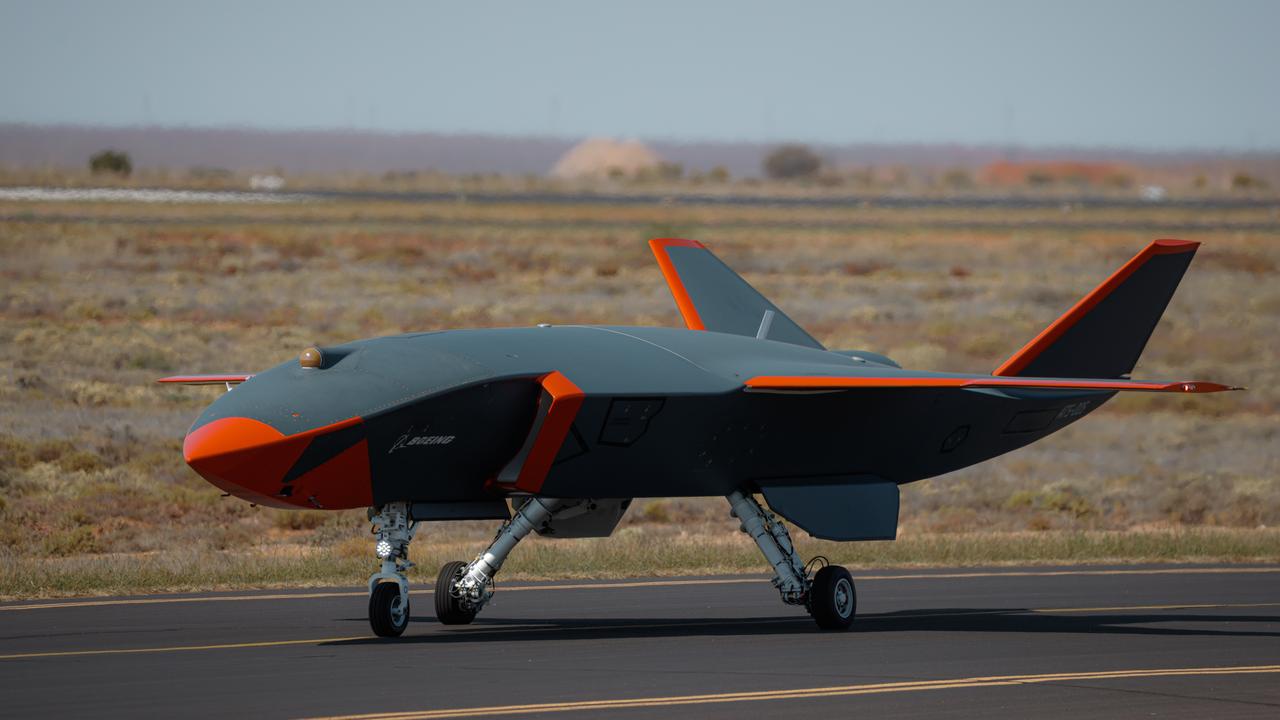Connecting WA experience and knowledge to army capabilities
Western Australia has a central role to play in the nation’s response to a new “contested and apprehensive” regional environment.

COVID-19 has impacted everything and defence of the nation is no exception. Prime Minister Scott Morrison acknowledged that COVID-19 has sharpened an already “contested and apprehensive” regional environment late last year, when he boosted funding for defence to $270bn over the next decade.
Western Australia has a central role to play in the nation’s response to this new environment.
Comprising a third of the continent’s landmass with a coastline more than 20,000km in length, WA is the nation’s only Indian Ocean-facing jurisdiction.
Decades of state-led engagement with key Asian export markets has banked an unparalleled reservoir of personal, business, academic and government relationships across Asia. It’s not just China or even Japan and South Korea. A quarter of all trade done from Australia with ASEAN’s 10 nations originates in WA.
WA is also deeply engaged with the entire Indian Ocean rim.
People and companies operating from the state are active across all of Africa, the Middle East and the sub-continent. This knowledge of the region represents a strategic opportunity for the nation.
The McGowan government’s focus on defence issues means the state is better placed to harness this opportunity than ever before.
We have a dedicated Minister for Defence Industry backed by a respected Defence Advocate and a dedicated team to support defence industry in Defence West.
All of our public universities are collaborating on defence matters under the banner of Team WA and supported by the Defence Science Centre whose responsibility is to tap into defence-related research at the highest levels.
The team approach is mirrored more broadly in the state’s first Defence Advisory Forum which brings together industry peak bodies representing Primes and SMEs in the defence sector which are responsible for linking research, industry and capability de-velopment.
This team response means the state can make a strong, united case to assist the Australian Defence Force (ADF) using WA’s competitive advantages.
Our long engagement with and geographical proximity to the Indian Ocean and Asian regions are not the state’s only competitive advantage.
WA is a global hub for developing mining and offshore oil and gas technologies. Remote vehicles and related technologies, systems integration and a rapid, solutions-focused culture honed in these sectors can readily be applied to defence.
Challenges within these remote and rugged environments provide direct correlation to defence operations.
In last year’s Force Structure Plan some programs were revealed that align directly with our state’s strengths.
In supporting the army, WA should lead the applications of “Undersea Warfare”, “Maritime Mine Warfare, Patrol and Geospatial capabilities to archipelagic and amphibious operations. The emerging warfare environments create challenges for not only our ADF but also alliance partners and the joint force operations.
In advance of the upcoming Land Forces conference, amphibious operations is definitely a field of endeavour that can benefit from WA’s strengths.
Apart from the obvious links between offshore oil and gas activities and the maritime environment, these operations in many respects mirror those of mining operations in our remote regions.
WA companies regularly mobilise large numbers of people to distant sites without any external support. They employ land, sea and air transport and they sustain their workforces through extended logistics supply chains.
We have knowledge and experience that can be leveraged towards developing and enhancing Australia’s amphibious operational capability.
Logic also dictates that WA should be the centre for developing “crewed and un-crewed systems”. WA resource industry players are world leaders in the integration and operation of autonomous systems. Key to this is the need to deliver trusted communication and data connectivity in remote and harsh environments, where WA capabilities are second to none.
In the virtual world we have other strengths. WA is home to the national Cyber Co-operative Research Centre. Part of its focus is research to address cyber threats, a central element of the Force Structure Plan. The state should be a key player in Defence’s Information and Cyber Domain response.
We face significant challenges in the reshaping of the Indo-Pacific Region.
The nature of modern warfare is a shift from the traditional land- based environments, to the need to operate in multiple domains. These new domains require a truly national approach, and one in which WA provides a rich vein of knowledge and capability that can be embraced to deliver for our ADF.
-
Paul Papalia is WA’s Defence Industry and Veterans Issues Minister.


